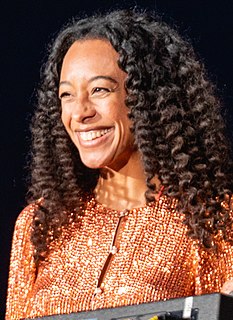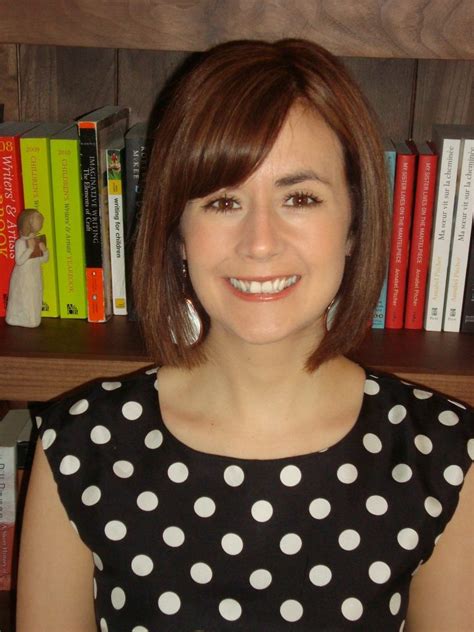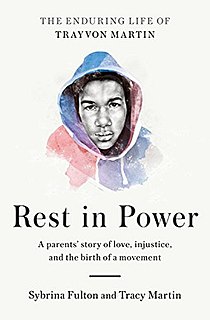A Quote by Tarana Burke
I've done work in every area of social justice you can think of, but I've been highly focused on young people and then specifically black and brown girls.
Related Quotes
Ajamu Baraka is a human rights advocate and an international human rights advocate, who's been defending racial justice, economic justice, worker justice, indigenous justice, and justice for black and brown people all over the world, and in the United States has been helping to lead the charge against the death penalty here, and is an extremely eloquent and empowering person. And one of the great things about running with him is that we speak to all of America.
My passion today is not only justice for the Black man and woman of America, but for all those who cry out to the Supreme Being for justice in their lives - and that's Black, Brown, Red, Yellow and White, for the whole of humanity has been deprived of that which The Creator has ordered for us, and that is freedom, justice, equality, and submission to the Will of Allah.
I believe in the law. I think we have a great system of justice. But I do think that system of justice has been corrupted by racism and classism. I think it's difficult for 'poor people' - poor white people, brown people - to be treated fairly before the law in the same way that upper-class people are.
We have seven and a half times as many people in prison. And we have eight times as many black women in prison now as we did in 1981, when I left the White House. So that's been one of the major concerns I've had as a non-lawyer, to criticize the American justice system, which is highly biased against black people and poor people. And it still is.
Speaking specifically about the memoir, I know that's a criticism that people can have about my work. When I look at the young men's lives, if they're reduced to the worst thing they've done, then it's easy for them to become a stereotype. I keep running into that with newspaper articles that are very short.
I want you to understand that racial justice is not about justice for those who are black or brown; racial justice is about American justice. Justice for LGBT Americans is not about gay and lesbian justice; it's about American justice. Equality for women isn't about women; it's about United States equality. You cannot enjoy justice anywhere in this country until we make sure there is justice everywhere in this country.
As a black person on the outside, because there's so much black art and so much of black people's work circulating, so many people imitating what black people do, you would think that there'd be more black people on the business side. It didn't cross my mind that every label head, for the most part, is a white guy.



































